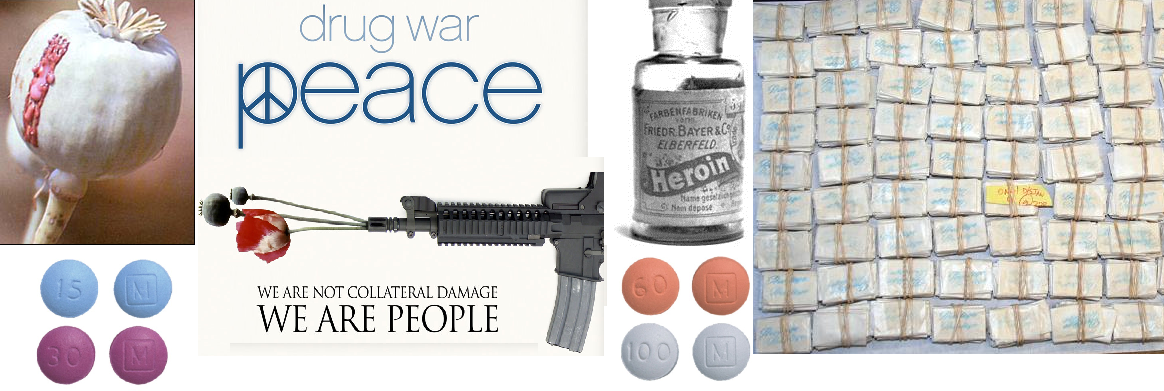Controversial Surgery for Addiction Burns Away Brain’s Pleasure Center by Maia Szalavitz
How far should doctors go in attempting to cure addiction? In China, some physicians are taking the most extreme measures. By destroying parts of the brain’s “pleasure centers” in heroin addicts and alcoholics, these neurosurgeons hope to stop drug cravings. But damaging the brain region involved in addictive desires risks permanently ending the entire spectrum of natural longings and emotions, including the ability to feel joy.
David Linden, professor of neuroscience at Johns Hopkins and author of a recent book about the brain’s pleasure systems calls the surgery “horribly misguided.” He says “This treatment will almost certainly render the subjects unable to feel pleasure from a wide range of experiences, not just drugs of abuse.”
Given the available evidence, in fact, it’s hard to find a scientific justification for even studying the technique in people at all. Carl Hart, associate professor of psychology at Columbia University and author of the leading college textbook on psychoactive drugs, says animal studies suggest the approach may ultimately fail as an effective treatment for addiction; a 1984 experiment, for example, showed that destroying the nucleus accumbens in rats does not permanently stop them from taking opioids like heroin and later research found that it similarly doesn’t work for curbing cocaine cravings. Those results alone should discourage further work in humans. “These data are clear,” he says, “If you are going to take this drastic step, you damn well better know all of the animal literature.” [Disclosure: Hart and I have worked on a book project together].
Moreover, in China, where addiction is so demonized that execution has been seen as an appropriate punishment, it’s highly unlikely that addicted people could give genuinely informed consent for any brain surgery, let alone one that risks losing the ability to feel pleasure. And even if all of the relevant research suggested that ablating the nucleus accumbens prevented animals from seeking drugs, it would be hard to tell from rats or even primates whether the change was due to an overall reduction in motivation and pleasure or to a beneficial reduction in desiring just the drug itself.
There is no question that addiction can be difficult to treat, and in the most severe cases, where patients have suffered decades of relapses and failed all available treatments multiple times, it may make sense to consider treatments that carry significant risks, just as such dangers are accepted in fighting suicidal depression or cancer. But in the ablation surgery studies, some of the participants were reportedly as young as 19 years old and had only been addicted for three years. Addiction research strongly suggests that such patients are likely to recover even without treatment, making the risk-benefit ratio clearly unacceptable.
Pleasure Center Lobotomy: The Logical Extreme of The Brain Disease Model of Addiction by Steven Slate
You must understand that the idea of addiction, as currently conceived, holds that people use drugs because of the structure and functioning of their brain. In this view, addiction has nothing to do with thoughts, beliefs, or values. It has nothing to do with personal awareness and judgment of various life options and the pursuit of happiness – it has everything to do with the makeup of one’s brain – nothing more, nothing less. And if that is true – that you use drugs because your nucleus accumbens “wants” the dopamine triggering powers of drugs, and will push you to do anything to get more drugs, then removing it must be the simplest and most surefire solution to ending addiction.
So all of you counselors and addiction theorists who have a history with addiction and identify as lifelong recovering addicts and alcoholics, and spread this tragic view to vulnerable troubled people, here’s your solution: put your brain and life where your mouth is, and move to China to get this procedure done. You will be cured of your disease. This is the end product of all your propaganda. Just beware of the full implications of this, as Maia lays out in her article:
